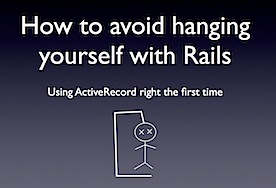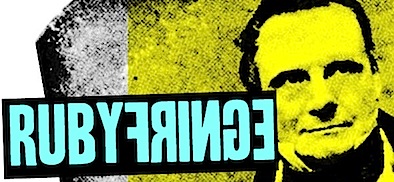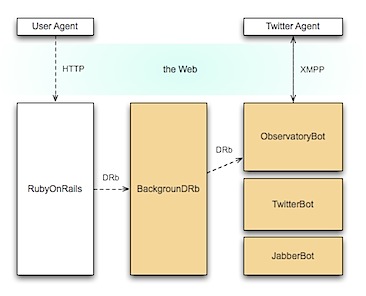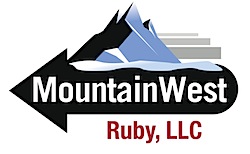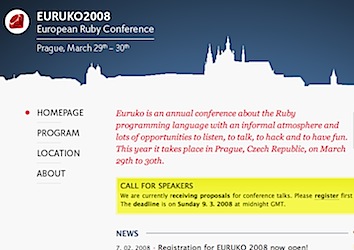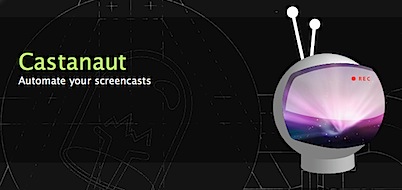
Castanaut is a Ruby-backed screencasting domain-specific language that allows you to script screencasts in code. When these scripts are run, Castanaut takes control of your Mac and produces the desired effect. It’s simply automated, scripted screencasting.
The Origin
Two weeks ago I was reading a post on 37signals’ blog about producing screencasts. Joseph Pearson’s comment got me all excited:
At Inventive Labs, we’re experimenting with scripted screencasts. That is, you run a script, and at the end of it you have a screencast.
For example, this movie was generated by this Ruby script. No human was involved at all.
Obviously we would replace the text-to-speech narrative with a real voice actor for any screencast we put out, not least because the robot suffers from the Uncanny Valley effect. Read More

